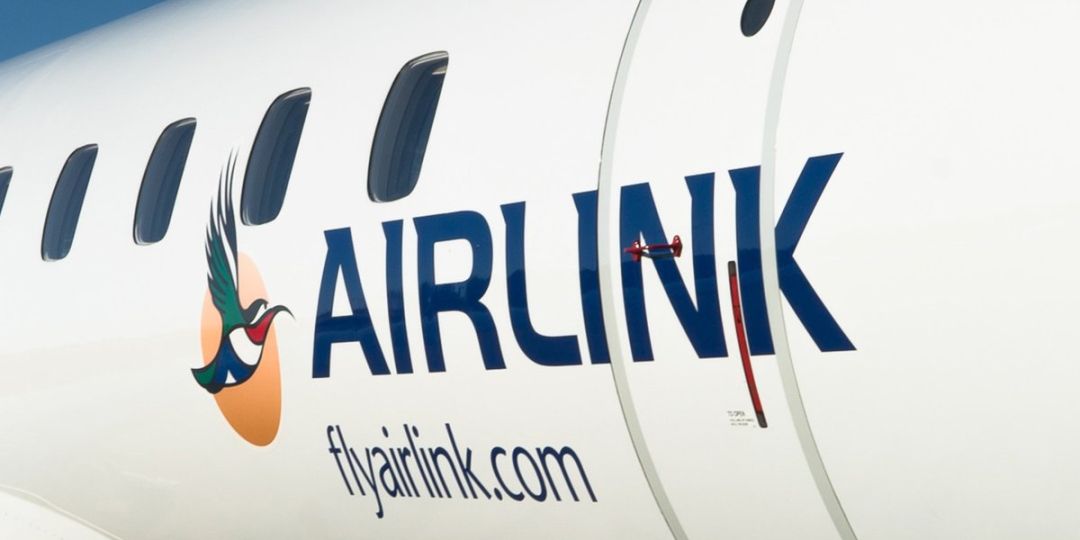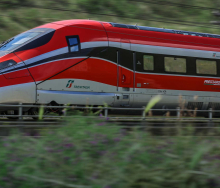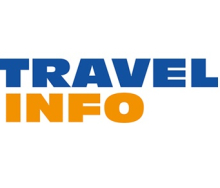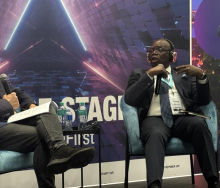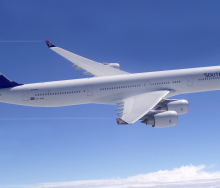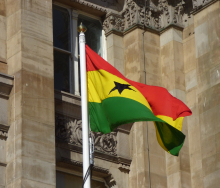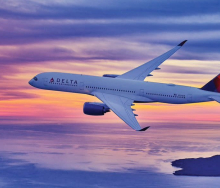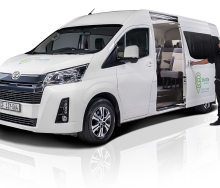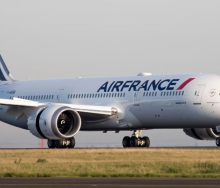AIRLINK would consider buying Mango and is open to exploring different public/ private business models in pursuit of a new national carrier as envisaged by the Department of Public Enterprises, says ceo Rodger Foster.
“The State aspires to have a national flag carrier, but what does this mean? We’re open to any conversation that will bring about a better dispensation for the industry, as long as the State does not wish to have negotiating control over the process and as long as it is based on commercial principles and good corporate governance,” he says.
Public Enterprises Minister Pravin Gordhan told a Parliamentary portfolio committee meeting on Wednesday (May 6) that New York-based Seabury Consulting is finalising a business model for the new SAA that would not be dependent on the fiscus and involve a strategic equity partner, but would also not mean the privatisation of SAA. Finance Minister Tito Mboweni let slip earlier this week that DPE was looking at the example of SWISS as a model for re-starting SAA. The SWISS example has also been suggested by aviation economist Joachim Vermooten in a recent article published in the Journal of Transport and Supply Chain Management.
Rodger concurs current thinking appears to be informed by the case study of Swissair, which went into bankruptcy protection in 2001. Some of Swissair’s assets, routes, staff and flight operations were transferred to its subsidiary Crossair, which was rebranded as SWISS and eventually taken over by the Lufthansa Group in 2007.
“Crossair was a privately-owned regional feeder franchisee to Swissair at the time, much the same as Airlink was to SAA. Of course SAA has its wholly-owned subsidiary Mango as its prospective rescue corporate vehicle, but Mango is too close to SAA and would be subject to the same onerous labour agreements. It needs to be a clean break, either a new corporate vehicle (new air services license and new air operators certificate) down the line in two years; or an entity like Airlink (which is 3% owned by SAA) assuming new business that has been vacated by a defunct SAA. For example, we could buy Mango and redevelop an airline business that could be feasible,” says Rodger.
Joachim suggests government sell or list Mango, saying there is no strategic role for government to operate an airline in the domestic market. He suggests government close down SAA and once air travel recovers post COVID-19, look towards a large international airline to invest and restart SAA as a small international airline serving at most five or six routes. That strategic partner may be difficult to find, with Iata forecasting international airlines will lose $314bn in 2020 due to COVID-19.
